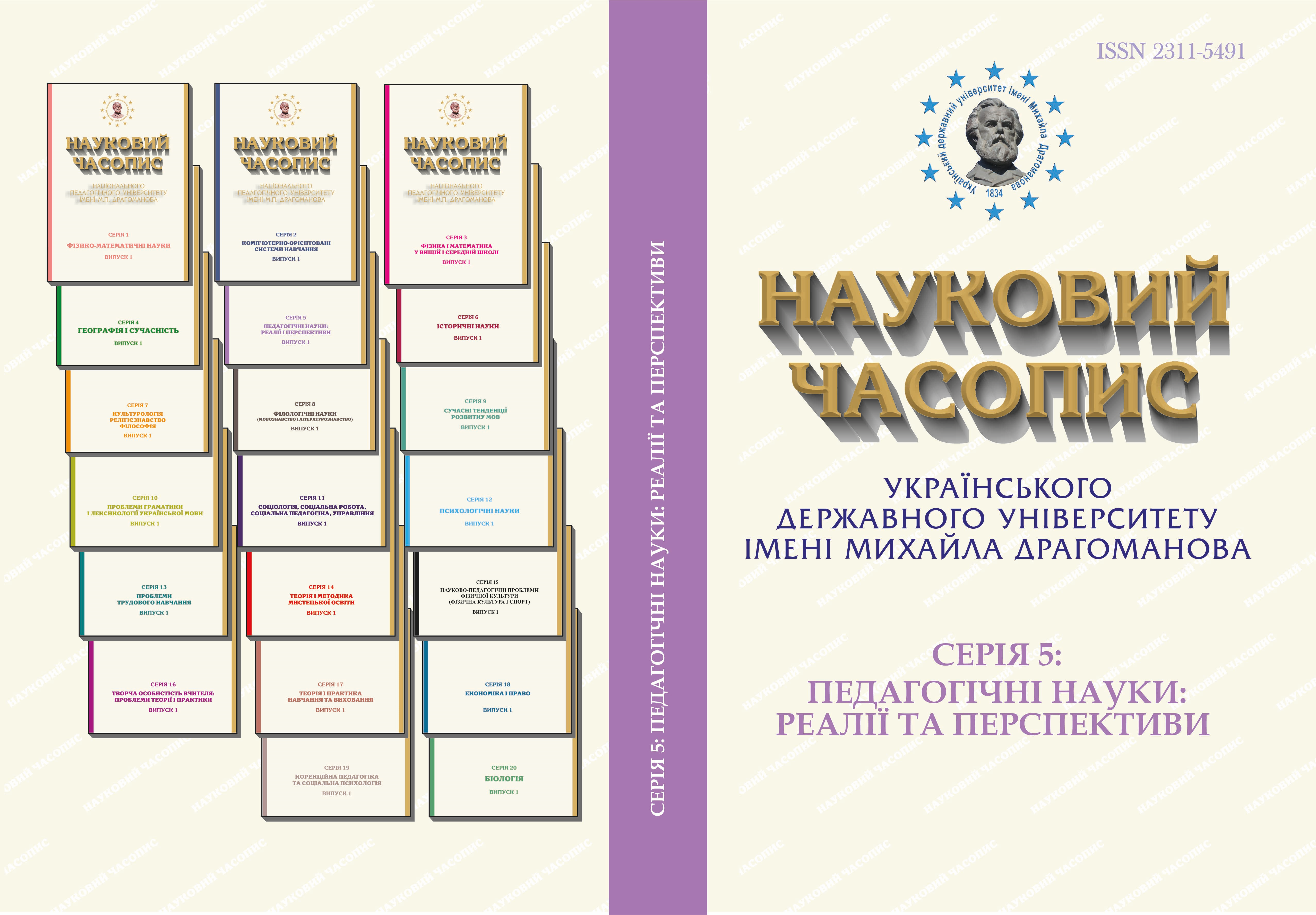Naukovyi Chasopys № 92
Title page
Contents
Andreiko L., Medvedovska D., Skarlupina Yu. Online: an obstacle or an opportunity
Balatska O. Complex of exercises for teaching civil engineering students how to write a covering letter in English
Bolotnikova A. Motivation-goal aspect in learning Polish grammar
Bondar N. Basic concepts of mentality in the aspect of the German language learning
Halaur S. Intermedia code of gastronyms in the menu genre: learning foreign language vocabulary during a virtual excursion
Hunchenko Yu. Peculiarities of teaching vocabulary at esp classes
Domarenko M. The use of audiovisual aids and web resources for conducting English language practice classes for students of higher educational institutions
Korol T. Reflective approach to prospective philologists’ translation competence assessment
Leshchenko T., Shevchenko O. Technology of learning the Ukrainian language as a foreign using immersive educational programs
Manhura S., Sereda A. Complex grammatical transformations in the process of translation from English to Ukrainian
Moskalenko M. Authentic materials as a means of teaching English grammar to students of higher education institutions of specialty 227 Physical therapy, ergotherapy
Riznyk Yu. Word-formation contamination in the Austrian variant of the German language: on issues of the methodology of formation of linguistics competence
Talovyrya H., Petruk L. Current trends in learning English pronunciation
Teteruk S., Pasternak T., Bondar S. Using video materials as a means of increasing the effectiveness of foreign language perception and understanding
Turchyn O. Psychodidactic problems of learning a foreign language at institutions of higher education
Fedorenko Yu. Interactive technologies in the process of students oral communication teaching
Cherednyk L., Bolotnikova A. Peculiarities of teaching foreign languages and cultures troughout the history of Poltava Polytechnic (1818–2023)
Chernyshov V. Flipped classroom: applying the method
Shvetsova I., Bondarenko V. Content and language integrated learning (СLIL) in the teaching of maritime English: impications and advantages









